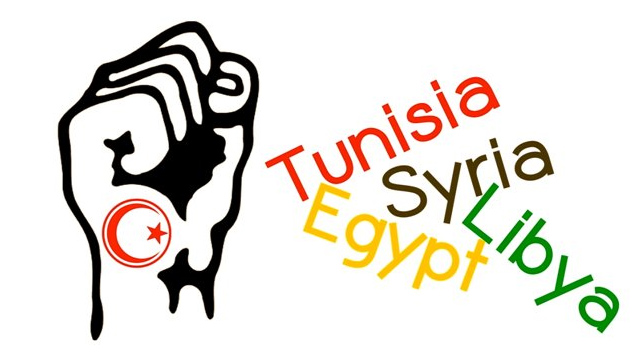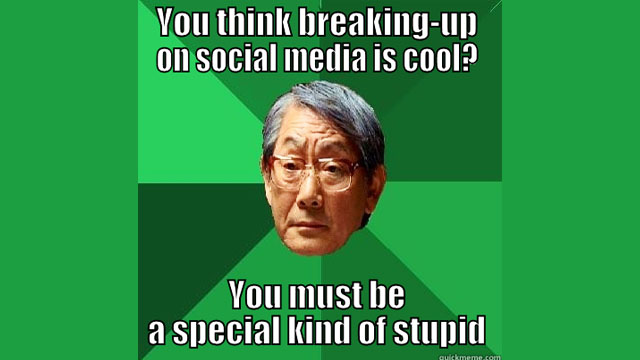Two years ago, the Arab Spring surfaced as a ray of hope in the Arab world. Autocratic leaders, after decades-long rule were unexpectedly ousted, raising the possibility of political, economic and social change in a region that was lagging in tune with modern trends.
Experts say that such uprisings had been nurturing within the region for over half a century, which have sprouted from the bottom, hushed for long. None could predict that this amount of change would come not through magnetic leaders or intellectuals, but from young Arab men and women. However, with a coup in Egypt and Syria where civil war is still raging, the pervasive optimism of 2011 did turn into fears of mayhem in 2013.
However, none of the Arab Spring countries have yet established stable and democratic institutions, while several are descending toward greater instability.
Egypt– President Mohammed Morsi, who was Egypt’s first constitutionally elected President just a year ago, was ousted after military staged a coup.
Morsi’s acceptance plummeted with his failure to recuperate a sinking economy, restore law and order, or glue the vast divide between his Islamist supporters and the secular opposition.
While the ire of the millions of protesters is understandable, emotions do not mean good governance. Now who will replace the toppled Morsi, as there is no credible alternative leader with a mass clout?
Morsi’s ouster has raised a nasty power struggle between his Islamist supporters and secular groups, increasing turbulence in the poor country suffering from inflation and gross shortages in energy sources.
Syria– President Bashar Assad’s army has been on the offensive in the past few months, and the U.S. announced recently that it would begin sending weapons to the revolutionaries as an answer to the present rulers resorting to modes of chemical warfare.
However, the details on the type and quantity of weapons are yet to be ascertained. This in turn has raised apprehensions whether such aid will make a substantial difference. Reportedly, over 100,000 have died and zillions of Syrians have been displaced due to the persistent clashes irrespective of Washington’s move to moot peace talks.
Libya– The country’s short-term government, the military and other institutions are being once again set up from scratch, consequent to the coup of Muammar Gaddafi and his reign of four decades.
Fortunately, the oil-rich Libya has resumed tapping the black gold to the pre-conflict production levels in spite of recurring protests, which have created bottlenecks in oil’s supply that makes up for 95 percent of the country’s earnings.
Yemen – Being the poorest country in the Arab world, Yemen continues to struggle for stability under President Abd-Rabbu Mansour Hadi, who replaced Ali Abdullah Saleh, the dictator who ruled for 33 years.
Hadi’s efforts to build an accord among many peevish groups have failed. Meanwhile, restive tribesmen have continued attacks on oil pipelines, the most important source of government revenue.
Tunisia–The uprising was consequent to the self-immolation of a vendor that ultimately led to the ouster of long-time President Zine El Abidine Ben Ali. This was triggered by violent demonstrations amid high unemployment, inflation, corruption, embargo on freedom of speech and above all extensive poverty.
While a moderate Islamist party, Ennahda, won the polls in 2011, the conflicting ideologies of Islamists and secular liberals have played a spoilt sport, as evident from the recurring street clashes.
The Tunisians took to the streets demanding real freedom and a better future but many are of the opinion that such a vocal revolution may never attain the desired results.
As such, the Arab Spring countries are confronted with complex of socio-economic anomalies. For over two years the political mayhem has complicated monetary pressures, evident being the lurking macroeconomic stability.
The predicament of these countries was further worsened by expenditure on food and energy subsidies which forced the governments to pull on foreign reserves and expand domestic borrowing at high interest rates resulting in escalated public debt.
For instance, Egypt’s foreign exchange reserves have sunk since the revolution that ousted President Hosni Mubarak in 2011. Revenues from tourism and foreign investment have hit the nadir. Similarly, Jordan’s foreign reserves have also fallen.
The end of the ‘Arab Awakening’ cannot be predicted. However, the prime priority of these nations is to unite and evolve new regional forum of co-operation.
Formulating a viable policy in such a fluid scenario could be in vain. As such the objective of every country in the Arab world must be to reinforce its national integrity and reinforce itself not with arms to battle but through talks and mutual assistance.





